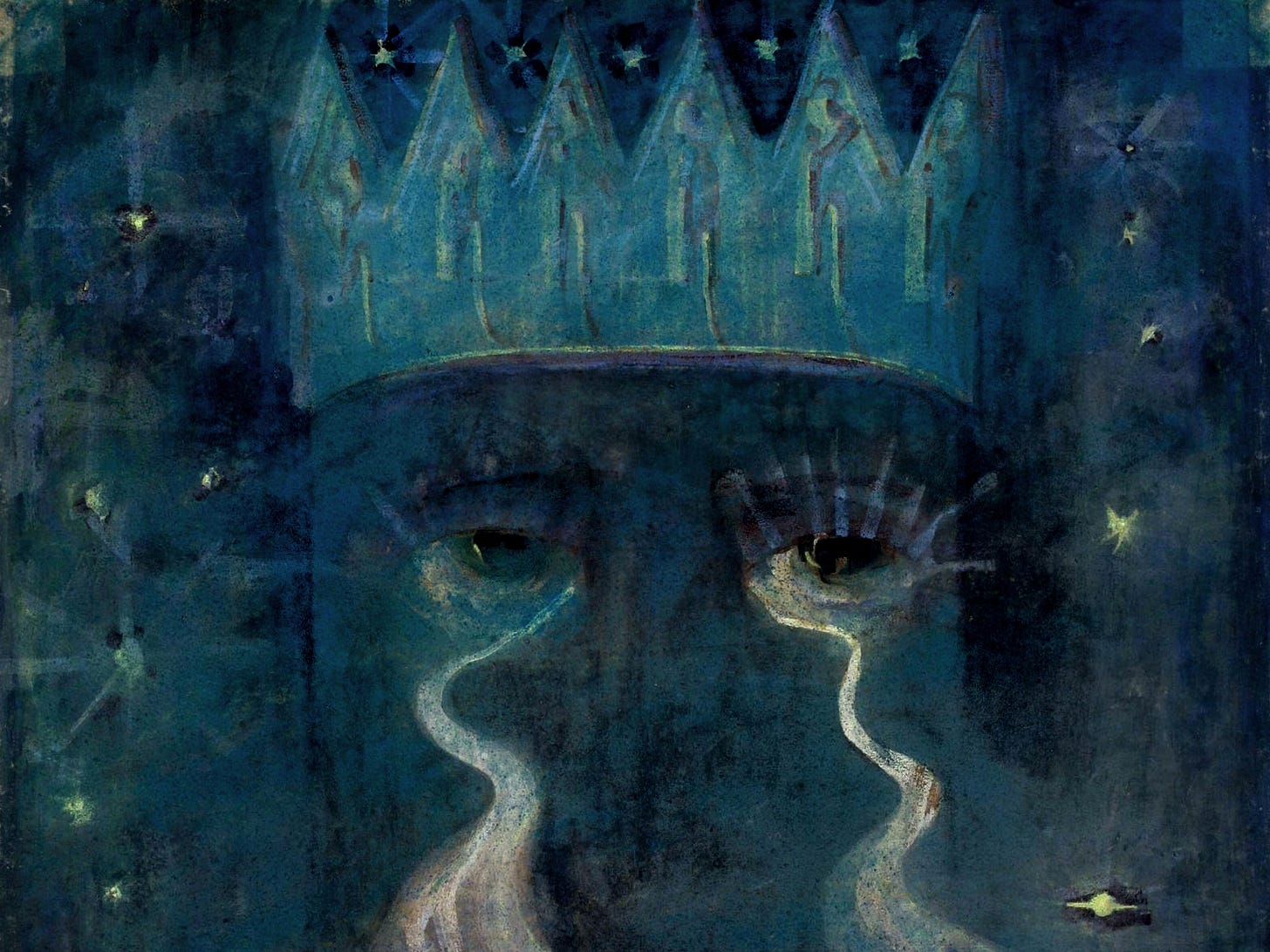Behind every work of art is a kind of understanding. The creative act always gives form to something formless, an instance of realization — of something becoming understood. And this understanding is always meaningful in one way or another.
The curiosity that arises from a lack of understanding is one of the great engines of art. Even when you make art to express yourself — to be understood — creating it brings you to a deeper awareness of what it is you’re trying to express.
Does this mean that the best artists are clueless? If art arises from a desire for understanding, do those among us who understand the least have the most to realize? And what happens when an artist understands too much? If you have nothing to be curious about, does your creative wellspring run dry? When you lose sight of your fixations, infatuations, fascinations, how do you return to that space of creative inspiration?
Meaninglessness comes in many forms, but today it usually arises from overwhelm. Timelines, headlines, updates, mandates, micro-trends, turmoils, anxieties — we witness so much that it can feel impossible to make sense of it all. The forest is lost to the trees, and there are so many stars we can’t tell which way is north.
The good news is that meaninglessness never lasts as long as you keep creating. Even if it doesn’t feel meaningful at first, the act of creating will always bring you back to meaning. Wherever there are stars, there will always be constellations. It’s how we’re built.
To be human is to be all the time totally surrounded by the truth, it is to live in a lasting bombardment of signs in an incredible variety of rich meaning. — Odd Sverre Hove
Our stories are full of cautionary tales about those who know too much. Darl Bundren in Faulkner’s As I Lay Dying is sent to a mental institution for the way his perceptiveness unnerves his family. In ascending to a godlike consciousness, Dr. Manhattan from Alan Moore’s Watchmen stops caring about those closest to him and leaves humanity altogether. Irina Spalko — my favorite Indiana Jones villain — tries to download a tremendous amount of knowledge into her mind and goes the body-melting way of most Indiana Jones villains. And don’t get me started about Adam and Eve.
Thankfully, too much knowledge won’t cause you to spontaneously combust or get cursed by your creator. But when immersed in insights for long enough, you can feel lost in them. Your task then becomes to make meaning out of your meanings. Not to shore up the walls of your garden, but to cultivate many gardens of meaning in which your insights can find a home — connected to each other like websites or brain cells. Situated in your own universe of understanding. And the way to do that is to create.
What I cannot create, I do not understand. — Richard Feynman
When you can no longer rely on curiosity to drive your fixation-infatuation-fascination, rely on the draw of your unrealized awareness. It’s a great gas giant, waiting to pull you in to breathe fire into its core and replace it with a sun. You never fully understand something until you do this, because creation is the final stage of understanding. It may feel meaningless falling in, but meaning always reveals itself as you follow the urge to give form to that yet-formless thing tugging on your heart. When you’re done, you’ve hung a shining star of meaning by which to chart your personal cosmos.
A screenplay, a doodle, a sculpture, a sketch. Make art — elucidate your allurements — and the way will become clear. Only you know, not anyone else. All you’ve got to do is take a leap of faith and create something new.
written listening to “Field Notes XV (Sun)” by Reeder




